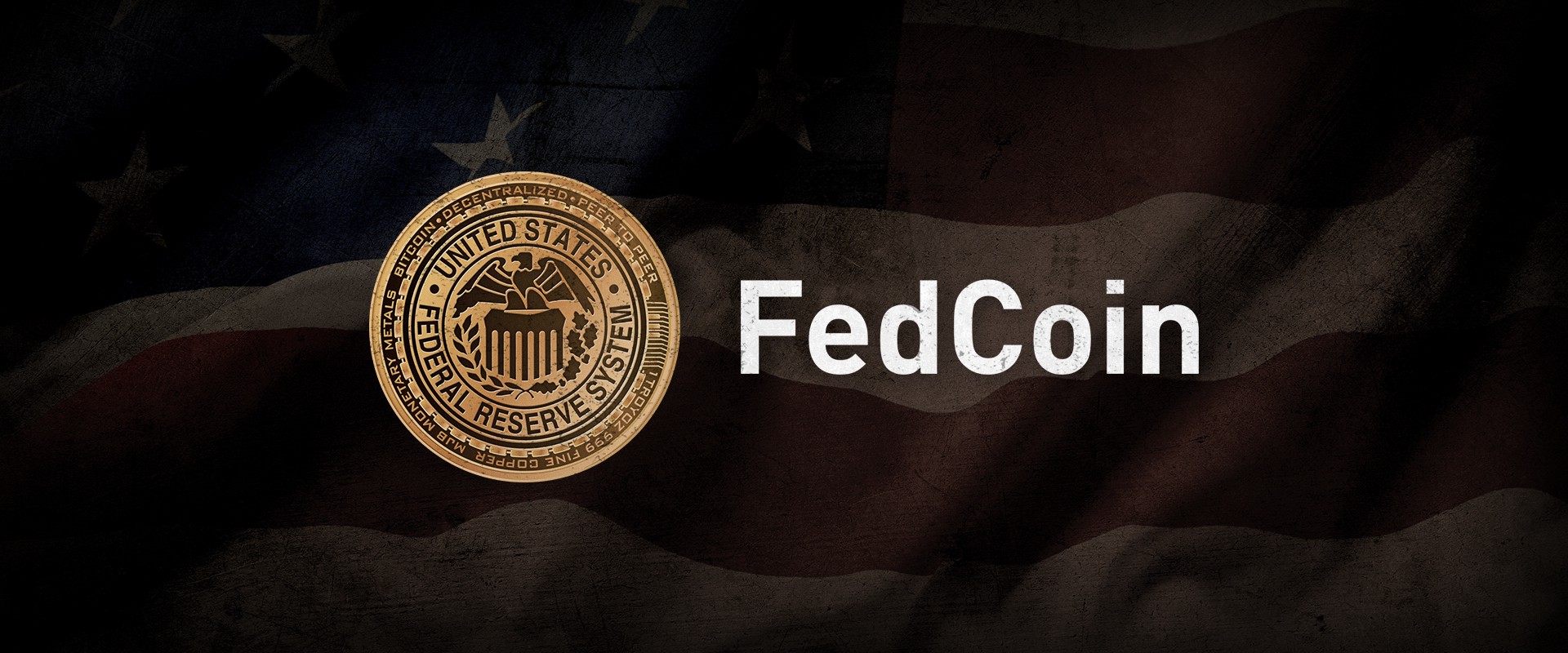PALO ALTO, Calif. (Reuters) - The Federal Reserve is looking at a broad series of problems around digital payments and currencies, including policy, style and legal factors to consider around potentially releasing its own digital currency, Guv Lael Brainard said on Wednesday. Brainard's remarks recommend more openness to the possibility of a Fed-issued digital coin than in the past." By changing payments, digitalization has the prospective to deliver higher value and convenience at lower expense," Brainard stated at a conference on payments at the Stanford Graduate School of Company.
Central banks worldwide are discussing how to handle digital finance innovation and the distributed ledger systems utilized by bitcoin, which assures near-instantaneous payment at potentially low expense. The Fed is developing its own day-and-night real-time payments and settlement service and is presently reviewing 200 remark letters submitted late in 2015 about the suggested service's style and scope, Brainard stated.
Less than 2 years ago Brainard informed a conference in San Francisco that there is "no compelling demonstrated need" for such a coin. But that was prior to the scope of Facebook's digital currency ambitions were extensively known. Fed authorities, consisting of Brainard, have actually raised concerns about customer securities and information and privacy risks that could be postured by a currency that might enter into use by the 3rd of the world's population that have Facebook accounts.
" We are teaming up with other central banks as we advance our understanding of reserve bank digital currencies," she stated. With more countries looking into releasing their own digital currencies, Brainard stated, that contributes to "a set of factors to also be making certain that we are that frontier of both research and policy advancement." In the United States, Brainard stated, concerns that require research study consist of whether a digital currency would make the payments system safer or simpler, and whether it could position monetary stability threats, including the possibility of bank runs if cash can be turned "with a single swipe" into the central bank's digital currency.
To counter the financial damage from America's unprecedented nationwide lockdown, the Federal Reserve has taken extraordinary actions, including flooding the economy with dollars and investing straight in the economy. Many of these relocations got grudging approval even from lots of Fed doubters, as they saw this stimulus as required and something only the Fed might do.

My new fedcoin price today CEI report, "Government-Run Payment Systems Are Risky at Any Speed: The Case Versus Fedcoin and FedNow," information the dangers of the Fed's existing prepare for its FedNow real-time payment system, and proposals for central bank-issued cryptocurrency that have actually been called Fedcoin or the "digital dollar." In my report, I discuss issues about personal privacy, information security, currency manipulation, and crowding out private-sector competitors and development.
Advocates of FedNow and Fedcoin state the government needs to create a system for payments to deposit instantly, rather fed coin stock than motivate such systems in the personal sector by lifting regulative barriers. However as noted in the paper, the economic sector is providing a seemingly unlimited supply of payment innovations and digital currencies to resolve the problemto the degree it is a problemof the time space between when a payment is sent out and when it is gotten in a savings account.
And the examples of private-sector innovation in this area are many. The Clearing Home, a bank-held cooperative that has actually been routing interbank payments in numerous kinds for more than 150 years, has been clearing real-time payments given that 2017. By the end of 2018 it was covering half of the deposit base in the U.S.